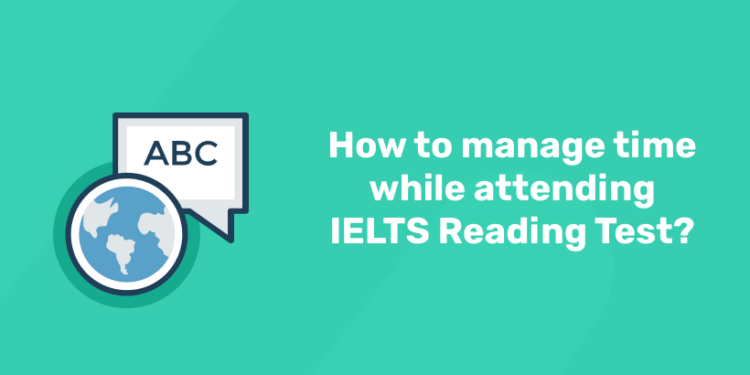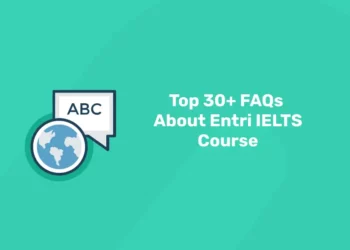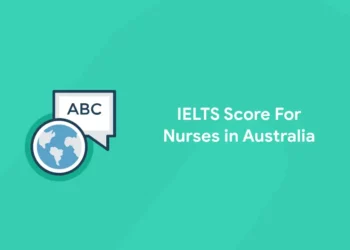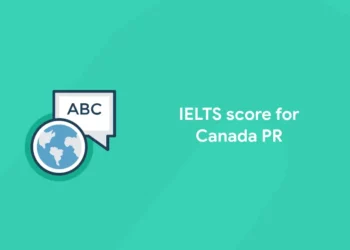Table of Contents
The IELTS Reading exam consists of a set of 40 questions, made to assess a diverse range of reading proficiencies. These enclose the ability to hold the essence of a text, identify main ideas, understand complex details, skim through content, comprehend logical arguments, and distinguish the opinions, attitudes, and intentions of authors.
While the question types in the IELTS General Training and IELTS Academic tests may be same, the reading texts themselves vary between the two. IELTS test time management plays an important role during the test, as test-takers are given just 60 minutes to answer all 40 questions.
It is preferable to take not more than 20 minutes for each section of the Reading test. Anyhow, if the first passage is comparatively easier, finishing it in a shorter time can provide you additional time for answering questions in the next two passages. As the test progresses, the complexity of the passages increases, necessitating more time allocation for answering the final passage.
IELTS Reading: General vs Academic
The main thing you need to know is that there is a difference between the IELTS General and IELTS Academic reading tests in terms of the texts types.
IELTS Academic Reading
If you’re taking IELTS Academic Reading Test, you’ll have to read texts like:
- Newspapers
- Books
- Journals
- Magazines
IELTS General Training Reading
If you’re taking IELTS General Reading Test, you’ll have to read texts like:
- Newspapers
- Advertisements
- Handbooks
- Notices
The academic test will use language that is a little more complex in terms of its vocabulary and sentence structure; but that’s the only main difference between the two types of the reading test. Apart from that, everything else is the same.
Question types (Academic and General Training)
In both the General and Academic Reading tests, you will experience a variety of question types, like:
- Multiple choice
- Identifying information
- Identifying a writer’s views/claims
- Matching information
- Matching headings
- Matching features
- Matching sentence endings
- Sentence completion
- Summary, note, table, flow-chart completion
- Diagram label completion
- Short-answer questions
Efficient time management is necessary to productively tackle the diverse question types within the given 60 minutes of the IELTS Reading test. To enhance your performance, consider the following guidance on how to productively manage your time during the reading test.
Importance of time management in the IELTS Reading exam
1: Most university students ........................ on campus in their first year.
Time management plays a vital role in the successful implementation of the IELTS exam. With its strict time limits and multiple sections to cover, productive time management is necessary for attaining desired marks. The IELTS test consists of various components, including Reading, Listening, Writing, and Speaking each with its given time frame.
Lack of proper time management can lead to rushed responses, incomplete answers, and high stress levels. By following effective time management strategies, test-takers can enhance their productivity, maintain focus, and give enough time to each passage. This assures a balanced approach, letting for thorough comprehension, thoughtful responses, and overall better performance in the IELTS Reading test.
Moreover, time management lets candidates to observe their progress, review answers, and make necessary adjustments within the given time limits. Eventually, earning time management is key to achieving success in the IELTS test and exhibiting one’s language expertise to the fullest extent.
Ace Your IELTS Exam with Confidence!
Unlock your potential with our expert-led IELTS preparation course. Achieve your dream score and open doors to global opportunities!
Start Your IELTS Journey Today!How to manage time in the IELTS Reading exam
Effective time management is important while tackling the IELTS Reading section. To help you maximise your performance, here are few important tips to manage your time productively:
- Skim through the passage: Rather than reading every sentence in detail, skim through the entire passage quickly to catch its main points. Concentrate on headings, subheadings, and key information that will help you in finding answers later.
- Pay attention to the introduction and conclusion: The author’s viewpoint is usually given in these sections. By thoroughly reading the introduction and conclusion, you can answer many questions correctly. Later, skim through the body of the passage.
- Identify key words: Finding key words related to the passage’s concepts is essential. Underline or highlight these words while skimming through the text. This technique can help you in answering most of the questions.
- Read all questions before answering: Before starting to answer any question, take a quick look at all the questions. Underline key information words in the questions, that will help the already skimmed passage to facilitate finding the answers.
- Answer every question: Even if you cannot find the exact answer or option, try to answer every question. Incorrect answers do not give negative marking, so make a good guess to increase your chances of getting it accurate.
- Check your answers: Give at least 20 minutes to revise and check your answers. This step can very much optimize your IELTS Reading score. Make use of practice materials available on our website to manage your time productively.









